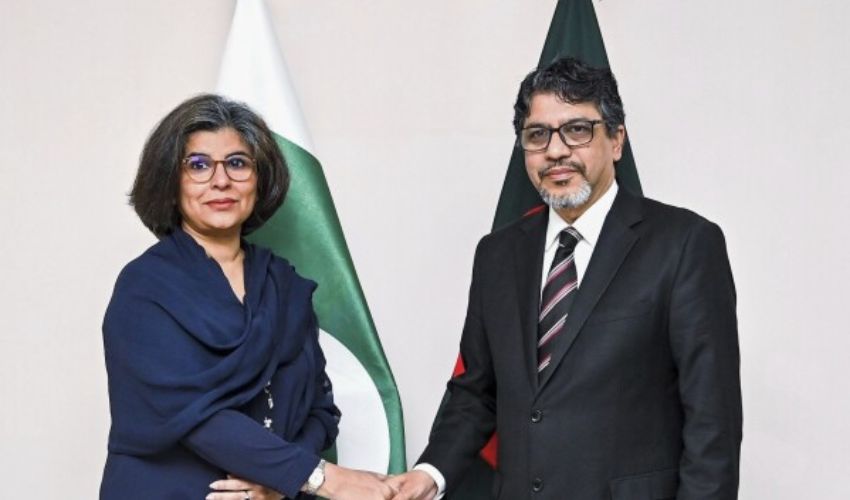The Pakistan Telecommunication Authority (PTA) is developing a plan to regulate VPN usage in Pakistan by whitelisting certain proxy networks and blocking others, as disclosed by PTA Chairman Maj General (retd) Hafeezur Rehman during a parliamentary committee meeting recently.
During the Senate Standing Committee on Cabinet Secretariat meeting, Rehman explained that once the policy is in place, only whitelisted VPNs will be operational in Pakistan, while all others will be blocked.
In 2024, the use of VPNs among local internet users surged significantly, primarily to access X (formerly Twitter), which has been banned in the country since February 19.
According to a report by Top10VPN, an independent VPN review website, demand for proxy networks increased by 131% on February 19, two days after the ban on X.
This high usage of VPNs to access X has raised questions about the effectiveness of the platform's ban. However, the PTA chairman informed the Senate committee that the number of X users in Pakistan has decreased by 70%, with only 30% of users now accessing the platform via VPN.
Despite this, X's user base in Pakistan is relatively low compared to other social media platforms, with DataReportal reporting 4.5 million users in early 2024. This suggests that regulating VPN usage could have broader implications for the IT sector, which relies on VPNs for various purposes.
The PTA chairman also warned that a complete ban on VPNs could lead to the collapse of several IT businesses that depend on them.
The government has made previous attempts to regulate VPN usage by requiring registration, but these efforts have not resulted in significant action. In 2022, the PTA asked public and private sector organizations, foreign missions, and freelancers to register their VPNs to avoid disruptions. The PTA had also passed VPN regulations in 2010, but enforcement has been inconsistent.
Law Minister Azam Nazir Tarar, a committee member, mentioned that several social media platforms accused of violating Pakistan’s security laws have agreed to establish offices in the country, including virtual offices.
He highlighted that around 132 million Pakistanis use social media for business purposes, yet these platforms are not taxed.
Minister Tarar suggested that social media revenues should be taxed in Pakistan, as they are in other countries.
Senator Rana Mahmoodul Hasan also raised concerns about taxes on cellular advertisements. Senator Farooq H Naek recommended that committee members study national and international legislation to propose measures ensuring access to digital services for the public.



























